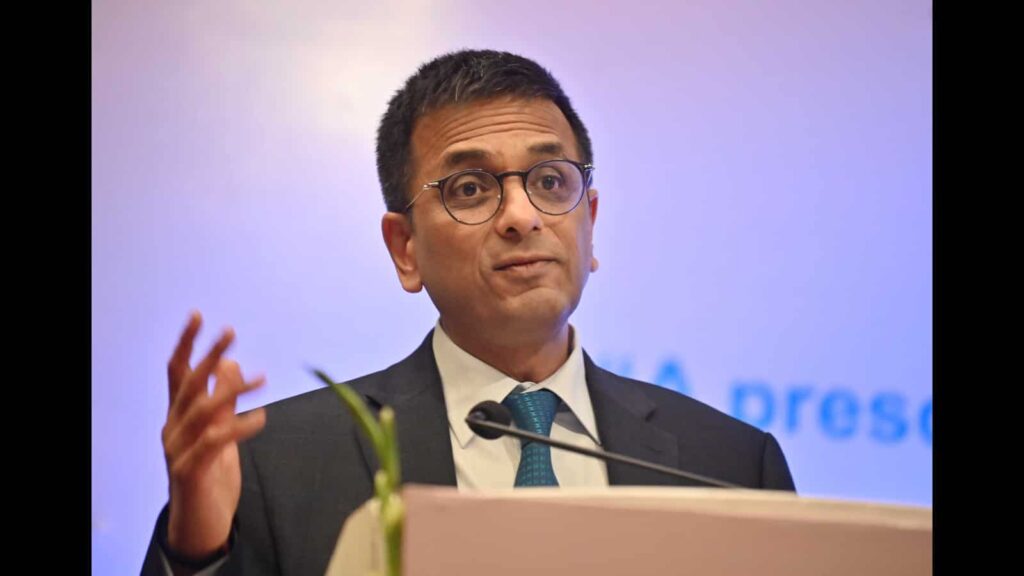Chief Justice of India (CJI) Dhananjaya Y Chandrachud sent a strong signal to both the judiciary and the executive on Monday when he refused to accept a sealed envelope containing a note from the central government on its views about the payment of One Rank One Pension (OROP) arrears to ex-service personnel. A bench of the apex court led by CJI said that it needed to put an end to the “sealed cover practice” because it was contrary to the basic process of fair justice. The CJI further said that he was personally averse to the practice and underlined that there needed to be transparency.
This is a welcome move. It signals that an era where the practice of a de facto secret dialogue between the court and the executive was established as a norm may be coming to an end. In every country, there exists a small but sensitive subset of subjects where details cannot be revealed to the public, and hence, any judicial proceeding has to be shrouded in a degree of secrecy. Yet, the practice of sealed cover submissions runs contrary to the principles of natural justice because it deprives the other party, and the public, of transparency and accountability, especially when the government’s actions are under scrutiny. Hence, such practices need to be limited to situations when they are absolutely necessary. Unfortunately, over the past few years, its usage was becoming disquietingly common — from the National Register of Citizens case and the Bhima Koregaon arrest matters to the electoral bond case and Rafale jet purchase controversy. First in the MediaOne case, then in the hearings into allegations of fraud levelled at the Adani Group by American firm Hindenburg Research, and now in the OROP case, the top court has hinted that, save exceptional circumstances, it wants proceedings to be open, fair and transparent.

